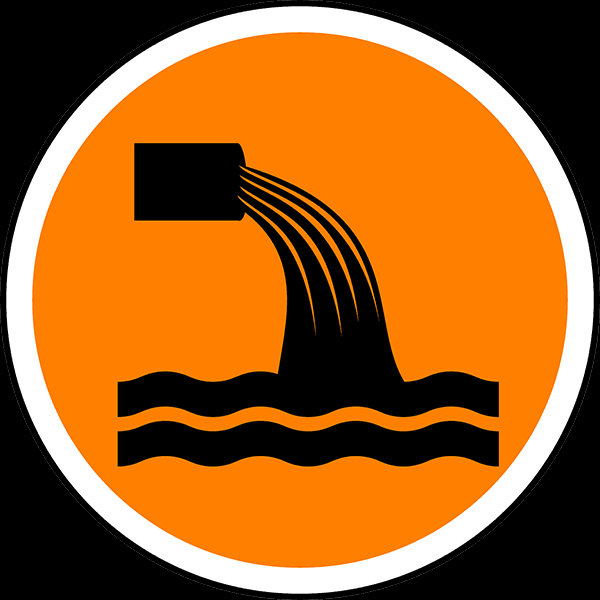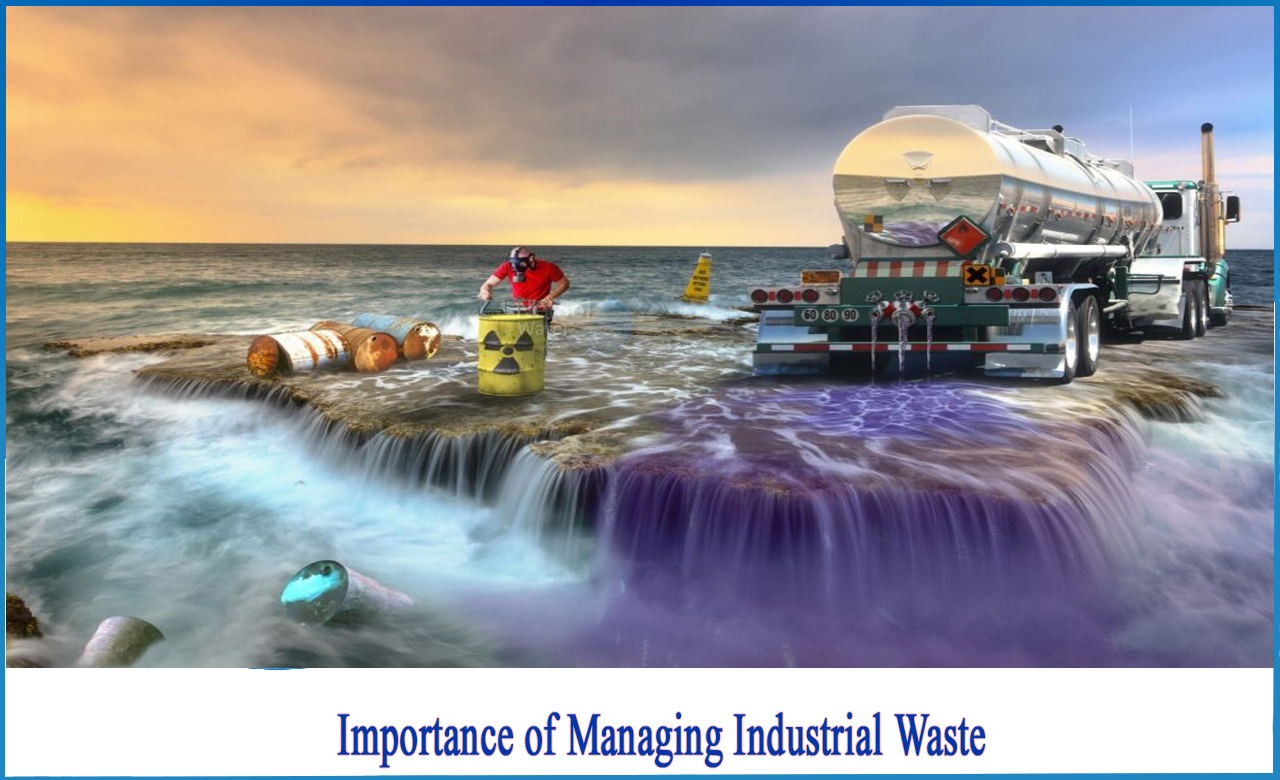Reclaim Waste Fundamentals Explained
Table of ContentsSome Ideas on Reclaim Waste You Need To KnowSome Of Reclaim WasteThe Best Strategy To Use For Reclaim WasteWhat Does Reclaim Waste Mean?More About Reclaim Waste
Check out the types, events, and forms of liquid waste. Residential sewer waste describes the waste and products from a residential septic container. This sort of waste is created by human beings in homes, schools, and various other buildings. This only consists of septic containers that have a drain area. The proper management and disposal of residential sewage waste call for liquid waste to be moved to a sewage treatment plant where the proper methods and equipment are put on detoxify and get rid of waste.
Commercial waste usually consists of prospective dangers, such as flammable products or a mixture of fluid and strong waste products, and calls for an advanced and thorough disposal process. The disposal of industrial waste typically includes the filtering of waste prior to transport to ensure risk-free and proper disposal. Hazardous waste is developed from byproducts and runoff of industrial processes and manufacturing.
This sort of waste can not use the exact same sewer management transport or procedures as septic or business fluids. The commercial waste monitoring procedure requires the evaluation and testing of fluid waste prior to it undertakes the disposal procedure (liquid waste removal). Drainage waste is the fluid waste that originates from drainage and excess stormwater in very populated areas or cities
Runoff waste can trigger contamination and flooding otherwise taken care of appropriately. Discover a lot more regarding sewage system cleansing and waste administration. Ensuring appropriate waste management can stop catastrophes and minimize environmental harm. Both people in household setups and experts in industrial or manufacturing sectors can take advantage of comprehending the processes and regulations of fluid waste monitoring.
Some Known Incorrect Statements About Reclaim Waste
Contact PROS Solutions today to learn regarding our waste management and disposal services and the correct methods to look after the liquid waste you generate.
(https://medium.com/@leonaube33101/about)Do you understand what happens to your water when you draw the plug, flush the toilet or drain the cleaning machine? No? Well, it deserves understanding. This supposed 'wastewater' is not only a vital source however, after therapy, will be launched to our land, waterways or the sea. Used water from commodes, showers, baths, cooking area sinks, laundries and commercial processes is called wastewater.

water utilized to cool down equipment or clean plant and tools). Stormwater, a form of wastewater, is overflow that moves from agricultural and urban locations such as roofings, parks, gardens, roads, paths and gutters right into stormwater drains, after rain. Stormwater streams unattended directly to local creeks or rivers, ultimately getting to the sea.
Reclaim Waste for Dummies
In Queensland, many wastewater is dealt with at sewer therapy plants. Wastewater is carried from residential or commercial websites with a system of drains and pump terminals, called sewage reticulation, to a sewage treatment plant. Regional governments build, maintain and operate most sewer treatment plants. Operators are licensed under the Environmental Management Act 1994 to release cured wastewater at an appropriate ecological standard right into rivers.
The Division of Natural Resources suggests regional governments about handling, operating and preserving sewerage systems and treatment plants. In unsewered locations, regional governments might call useful link for owners to mount private or home sewer therapy systems to treat residential wastewater from bathrooms, kitchen areas, shower rooms and laundries. The Division of Natural Resources authorises making use of home systems when they are verified to be reliable.
Most stormwater receives no treatment. In some new neighborhoods, treatment of some stormwater to get rid of trash, sand and gravel has actually begun making use of gross contaminant catches. Wastewater treatment takes place in four phases: Eliminates strong matter. Bigger solids, such as plastics and other things incorrectly discharged to sewage systems, are eliminated when wastewater is travelled through displays.
Wastewater after that moves into big tanks where solids work out and are gotten rid of as sludge. Oil and scum are skimmed from the surface area. Makes use of tiny living organisms recognizes as micro-organisms to break down and eliminate continuing to be dissolved wastes and fine bits. Micro-organisms and wastes are included in the sludge. Removes nitrogen and phosphorus nutrients that might trigger algal blossoms in our waterways and endanger water life.
Little Known Facts About Reclaim Waste.
Nutrient elimination is not offered at all sewage therapy plants due to the fact that it needs costly specialised equipment. Clear fluid effluent created after treatment may still have disease-causing micro-organisms - liquid waste disposal.

This generally indicates wastewater needs to be dealt with or pollutants gotten rid of prior to it can be released to rivers. Many wastewater flows right into the sewerage system. Under the Act, city governments provide authorizations and licences for eco pertinent activities (Periods) including wastewater launches that may have a local influence. The department carries out approvals and permits to ERAs entailing wastewater releases that could have a regional or statewide influence.
Facts About Reclaim Waste Uncovered
Monitoring provides factual information about water quality and can confirm that licence problems are being fulfilled. The details gotten via surveillance gives the basis for making water top quality decisions.